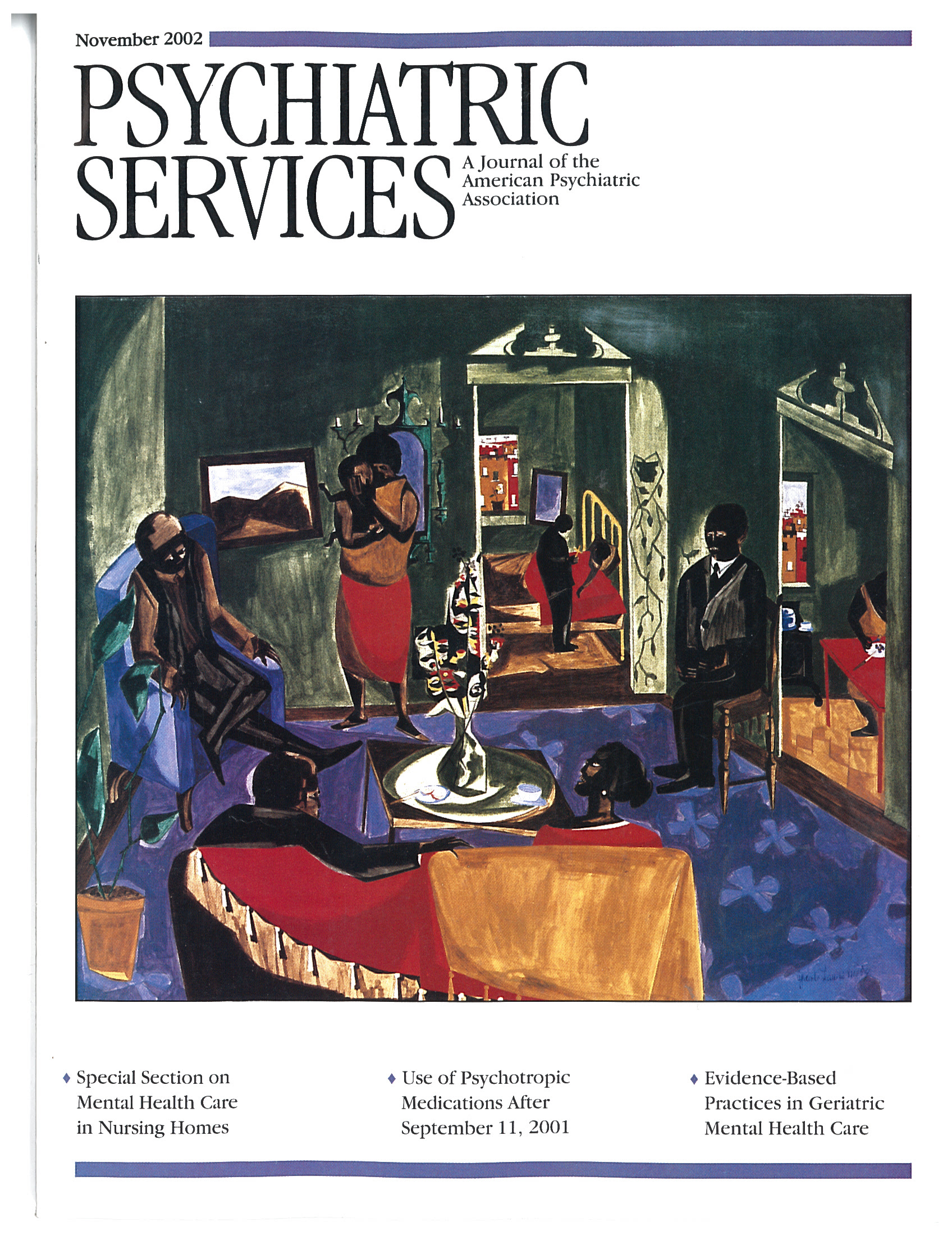The current consumer-generated literature on housing infuses with fresh urgency those unsettling questions that flared briefly a quarter century ago. What does it mean to claim social membership and forge a life in the noninstitutional world? What are the metes and bounds of care once the warrant of custody is lifted? What does solidarity demand toward those whose lives have been disrupted by disorder and who struggle to negotiate the terms of re-entry? Once aired, these awkward questions were tabled.
Note that it wasn't the obvious deficiencies of deinstitutionalization that prompted debate. Rather, it was the premises of community support programs designed to correct them. In Sue Estroff's upstart ethnography Making It Crazy (1981), a wall of protest quietly took shape. Medication was a package deal, not a magic bullet, especially galling in the way its side effects advertised one's patienthood. Coercion was subtler in noninstitutional settings but no less troublesome. "Disability" as identity and career was seductive but limiting; "sheltered work" was doable but humiliating. Crafting a social life across the stigmatized divide separating "normals" and "crazies" was an ordeal.
No sooner were such grievances articulated than they were eclipsed by ruder concerns. This time it wasn't the paternalism of an overly intrusive state but the wreckage occasioned by a negligent one. Mass homelessness seized center stage. Chronicity and its discontents yielded to more pressing exigencies.
That diversion has come full circle. Not that the work of ending homelessness is done or that completing it will be easy—great hulking arks of the dispossessed remain to be dismantled. But in effectively reaching and rehousing the street-dwelling homeless, we've met once-formidable challenges to our knowledge and skills. Prospects of recovery, symptom management, and employment have brightened, but the old awkward questions about belonging remain.
Solving homelessness means returning to first principles. What mediates social membership for persons denied the usual passports of worth? What is the basis for such denials? How can inclusion translate into practices—"accommodating" or otherwise—that enhance capabilities rather than sanction limitations? To answer such questions will require rethinking patienthood as a contested state, revisiting the terms of moral agency, and reexamining issues of coercion, autonomy, and the balance of power and respect in treatment decisions.
Returning to community remains as challenging a social policy today as it was the first, aborted time around. With the contentious help of those once excluded, we may at least cheat history of repetition—and avoid farce.

